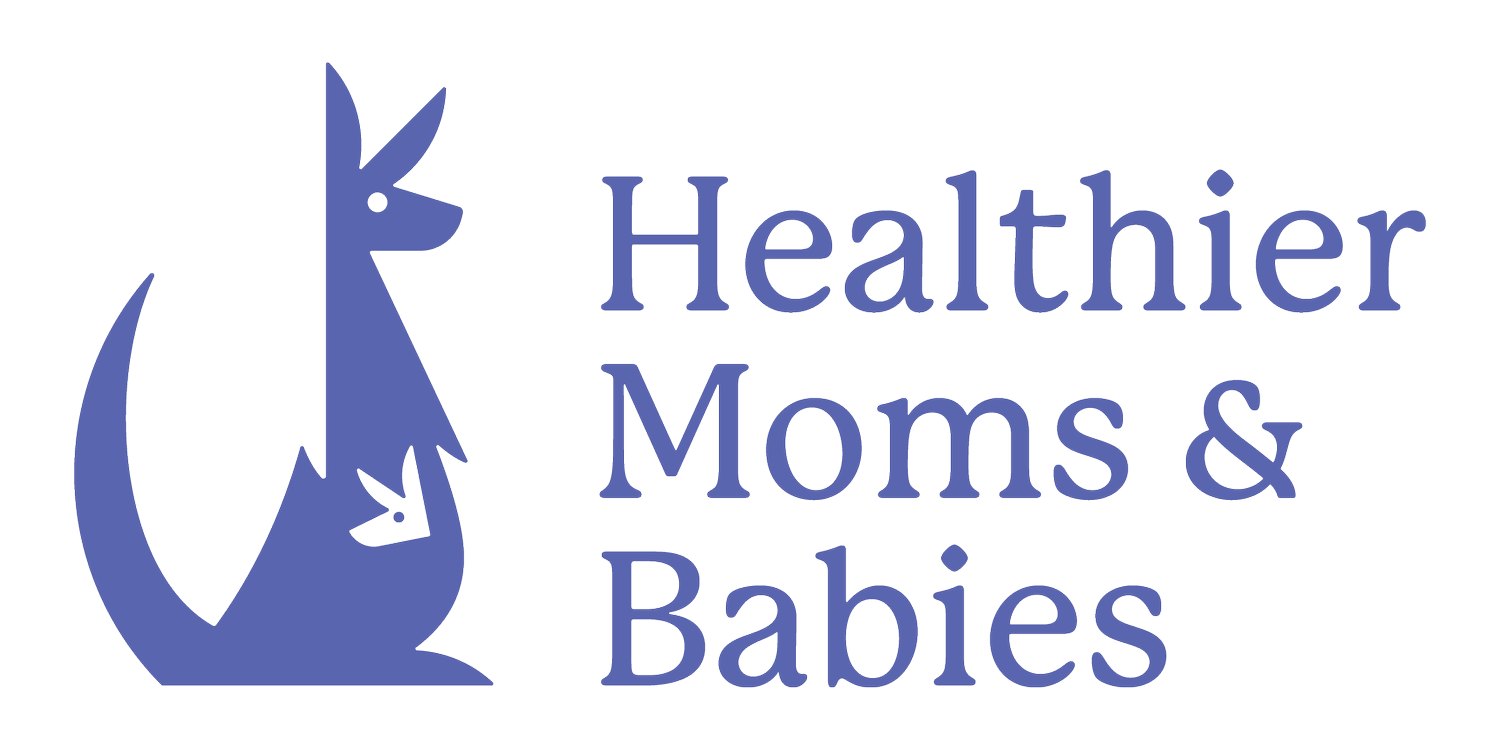The Benefits of Breastfeeding
Breastfeeding offers numerous benefits for both the baby and the mother. Here are some of the key advantages:
Benefits for the Baby:
Complete nutrition: Breast milk is a perfect source of nutrition for infants. It contains all the essential nutrients, vitamins, and minerals needed for healthy growth and development during the first six months of life.
Immune system support: Breast milk contains antibodies and other immune factors that help protect babies from infections and illnesses. It can reduce the risk of respiratory infections, ear infections, gastrointestinal infections, and other diseases.
Digestibility: Breast milk is easily digestible for babies, as it is specifically designed for their immature digestive systems.
Brain development: Breast milk contains long-chain polyunsaturated fatty acids (LCPUFAs), such as DHA, which are essential for brain and nervous system development.
Lower risk of chronic diseases: Breastfeeding is associated with a reduced risk of obesity, type 1 and type 2 diabetes, asthma, and certain allergies later in life.
Bonding and emotional benefits: Breastfeeding fosters a close bond between the baby and the mother, providing comfort and emotional security.
Benefits for the Mother:
Faster postpartum recovery: Breastfeeding triggers the release of hormones that help the uterus contract, reducing postpartum bleeding and helping the uterus return to its pre-pregnancy size more quickly.
Reduced risk of certain cancers: Breastfeeding is associated with a lower risk of breast and ovarian cancers in mothers.
Emotional well-being: Breastfeeding promotes the release of oxytocin, a hormone that helps with relaxation and bonding, contributing to positive emotional well-being.
Convenient and cost-effective: Breastfeeding is convenient and always available for the baby, and it saves money on formula and feeding supplies.
It's important to note that while breastfeeding provides significant benefits, it may not be possible for every mother. In such cases, formula feeding is a viable alternative to ensure the baby's nutritional needs are met.
It's essential for mothers to make informed decisions based on their unique circumstances—and we can help. All our staff members are lactation certified and can help our clients navigate the sometimes-difficult breastfeeding journey. We offer one-on-one lactation support, as well as a breastfeeding support group.
